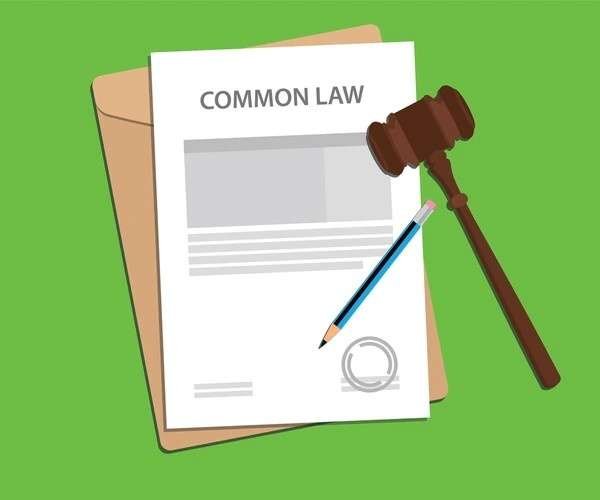Understanding Civil Law: Definition, Principles, and Examples
Civil law governs how individuals and organizations interact in matters outside of criminal conduct. It addresses obligations, rights, and remedies for people who suffer harm from another person or entity. I wrote this article to share a comprehensive understanding of civil law in the United States. I’ll cover the core principles, structure, types of civil […]
Understanding Civil Law: Definition, Principles, and Examples Read More »










